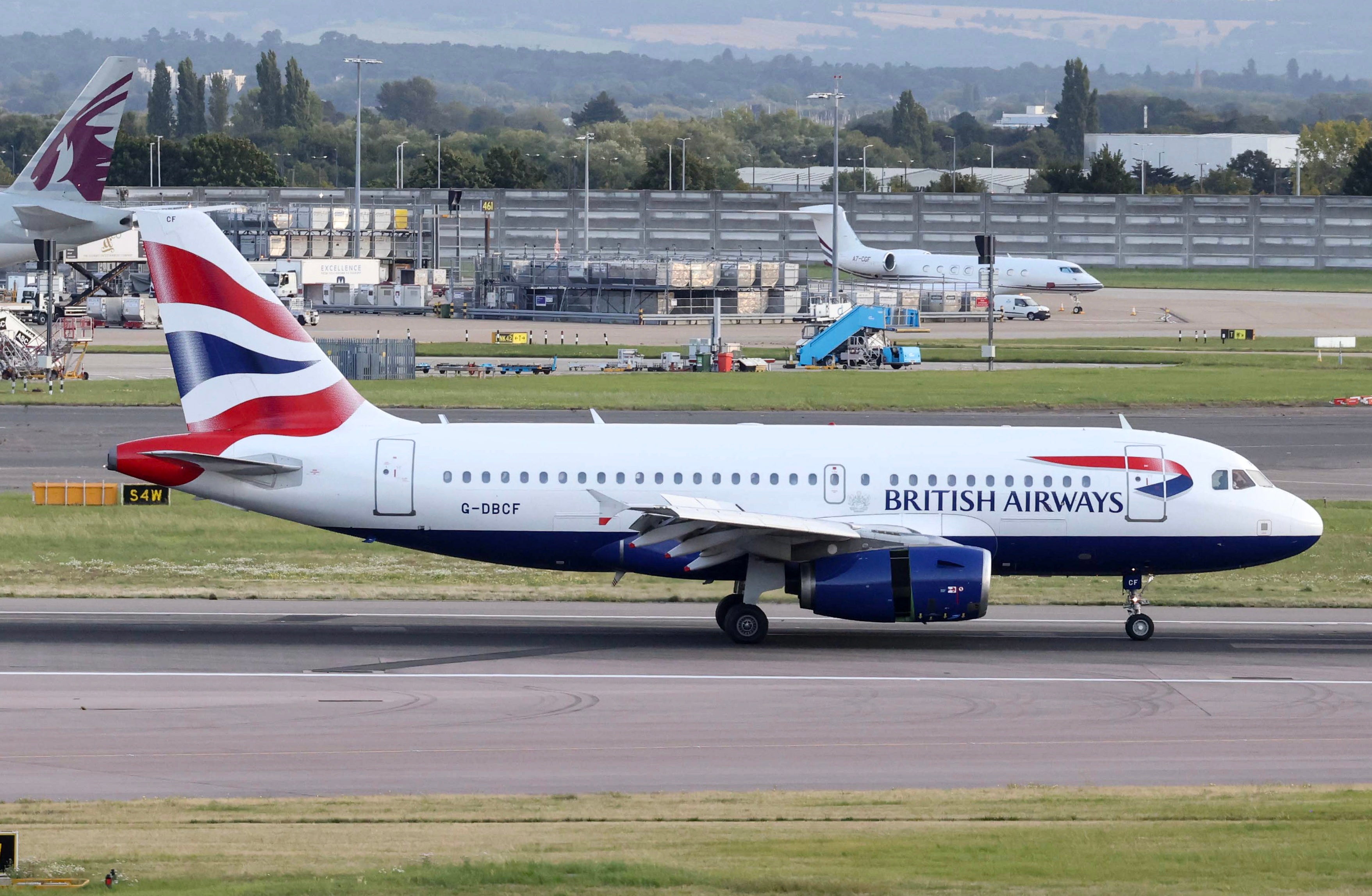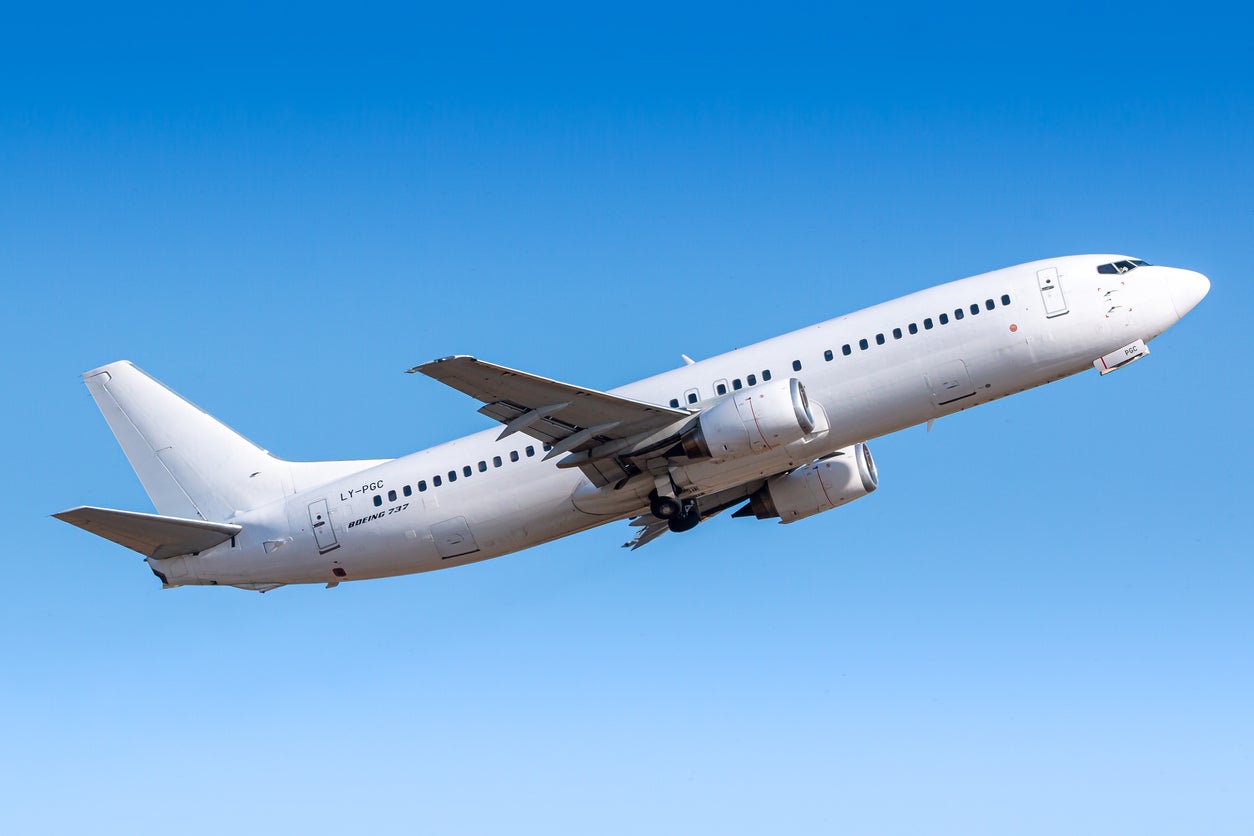Can I carry my ‘Ryanair’ bag on a BA flight to US?
Simon Calder answers your questions on cabin bag restrictions, flight changes and compensation


Q My dilemma is this: I have booked a flight from Heathrow to Raleigh in North Carolina with British Airways, flying back from Orlando with American Airlines. I have a “Ryanair-sized” case: one that I have always taken on board with Ryanair with no problems. I deliberately take the absolute minimum in terms of clothing, etc. But when I went into my local travel agent just to check the size for cabin baggage on my flights, I was told that I would probably be unable to take it on board. They said it would have to go in the hold. Is that correct: can I really not take my small case on board the transatlantic flights? Must I check it in and wait for it at the other end? This all seems bizarre to me.
Judy S
A I suggest you find a new travel agent. You have the right to expect that a travel professional should understand and communicate the very generous cabin baggage allowance on British Airways and US carriers.
The airlines’ policies vary slightly, but all of them allow you to carry a decent amount of stuff without needing to check it in. On US airlines and British Airways you can take two bags into the cabin free of charge. The permitted dimensions of the larger item are significantly bigger than the maximum cabin bag on Ryanair (for which passengers must pay extra). On BA, the limit for your first piece of cabin baggage is 57 per cent larger than Ryanair’s allowance. The weight limit is 23kg (more than twice as much as Ryanair), and you can take a second, smaller cabin bag weighing the same – again, without charge. For American Airlines, the maximum volume is slightly smaller than British Airways, but still 15 per cent bigger than the limit on Ryanair and most budget airlines. In my experience, US airline staff are not overly fussed about the amount you bring on board, and do not tend to enforce the rules to the letter.
Flying between the UK and US I would not dream of checking in bags, due to the extra hassle at each end of the airport journey; the risk that luggage could go astray; and the fact that most transatlantic airlines now charge economy passengers to check in a bag. I hope you are reassured and that your journey proceeds with minimum stress.

Q We booked to fly from Birmingham to Larnaca in Cyprus aboard a Boeing 787 Dreamliner because it flies higher and more smoothly than other aircraft. My wife is anxious about turbulence. Our airline just emailed us to say our flight is now going to be with an airline called GetJet. We’ve also paid for extra legroom seats. We don’t want to go now. Can we get a refund?
Jon S
A Unfortunately, if you cancel your trip or simply “no-show” you will lose all your money. Airlines always reserve the right to bring in extra capacity from a third party and to change the type of aircraft if necessary. The substitution in your case could be for any number of reasons, from staff shortage to unexpected technical issues.
GetJet is a Lithuanian airline that specialises in “ACMI” operations. The acronym stands for “aircraft, crew, maintenance and insurance”. If an airline has gaps in its schedule that it cannot fill, it will buy in capacity from a company such as GetJet. The company provides the plane, pilots and cabin crew. In aviation industry jargon, this is known as “wet leasing” – as opposed to “dry leasing” where the airline charters a plane but provides its own crew.
Chartering in capacity is widespread. Avion Express (also based in Lithuania), Air Belgium and Finnair are all currently covering some British Airways operations. Other operators include Wamos of Spain and Hi Fly of Portugal.
GetJet will operate your 2,115-mile trip with a narrow-bodied Boeing 737. If I had been looking forward to a four-hour flight in a wide, comfortable Boeing 787, only to find I was flying on a smaller plane, I would be annoyed – but not alarmed. UK airlines will only charter from outside organisations assessed as safe. The “service ceiling” for the 787 is 43,000ft, which is 2,000ft higher than the 737. But I would not expect there to be a significant difference in any turbulence you feel.
Airlines also reserve the right to remove options such as extra legroom seats. In your case, the airline may allocate seats to you with extra legroom (those at the front and at the overwing emergency exits). I agree it would be doubly frustrating if you do not get the additional space. But the supplement you paid will be refunded.

Q Last weekend the fortnight’s holiday my mother and I had been planning for months began disastrously. At the airport she was told her passport (issued on 7 November 2013 and expiring on 7 April 2024) was not valid for Spain. She went home and arranged for a fast-track appointment for a new passport. She is now flying out on the same flight a week late. We believe she was wrongly turned away. Can we claim compensation?
Name supplied
A The passport easily meets the two post-Brexit requirements for British travellers to the European Union: less than 10 years old on the day of travel to the EU, and at least three months remaining on the intended day of return. The passport was valid for travel outbound to the European Union up to and including 6 November 2023.
After you contacted me, I got in touch with the airline to try to ensure that no one else was wrongly denied boarding on today’s flight. Now let me address the issue of compensation. The booking is for a package holiday sold by a reputable tour operator, with flights supplied by a leading UK airline. The airline must pay £220 statutory compensation for denying boarding to your mother. I believe it should also pay other costs triggered by the event: transport home and back to the airport, the price of the new passport and transport costs involved in going to the appointment. The airline may take issue with the passport fee, arguing she would need another one soon anyway: I don’t think it can reject the extra £72.50 charged for the fast-track service.
Turning to the tour operator: although it did not turn your mother away, under the Package Travel Regulations the company is responsible for the performance of the holiday as booked. It should compensate without fuss for the lost week. Just to manage your expectations: the sum will be less than half the cost of the holiday, because travel firms are allowed to deduct the cost of the flight. If the holiday costs £800, and the flight element is worth £200, then the refund will be only £300. I hope, of course, that both the airline and tour operator prove more generous than the law requires.
Email your question to s@hols.tv or tweet @simoncalder






Join our commenting forum
Join thought-provoking conversations, follow other Independent readers and see their replies
Comments